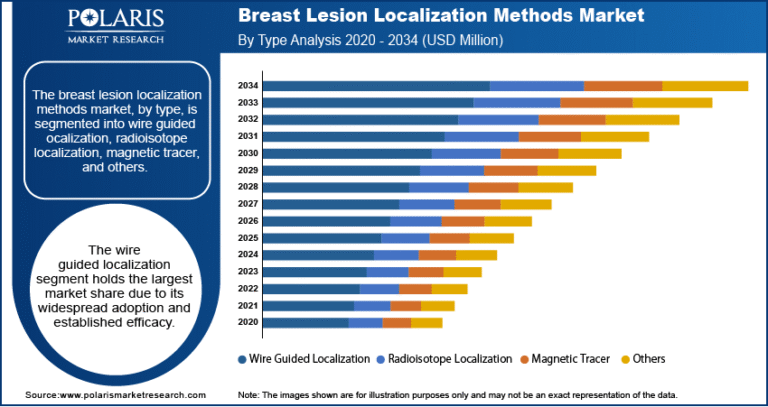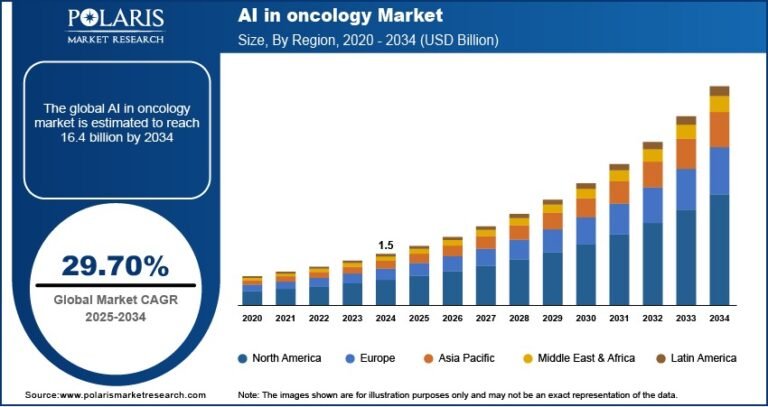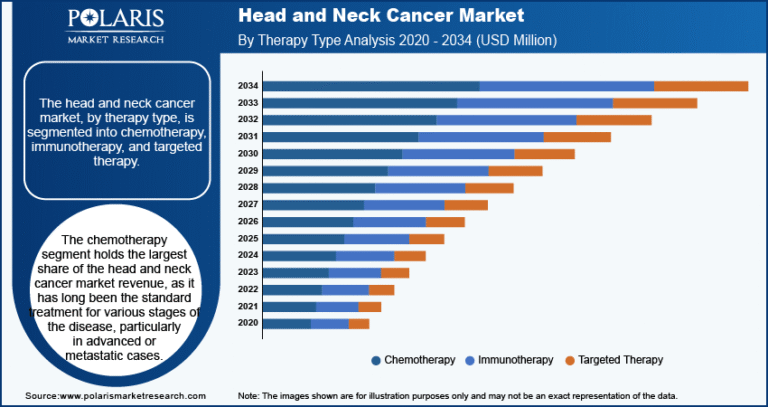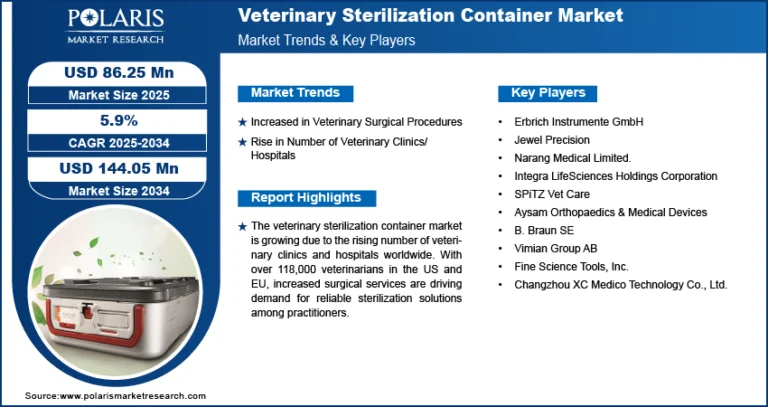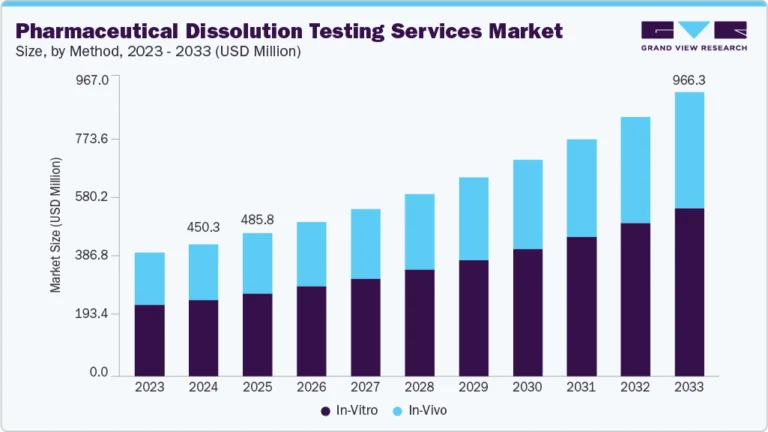Digital Health Market Size, Share & Trends Analysis growing at a CAGR of 22.2% from 2025 to 2030
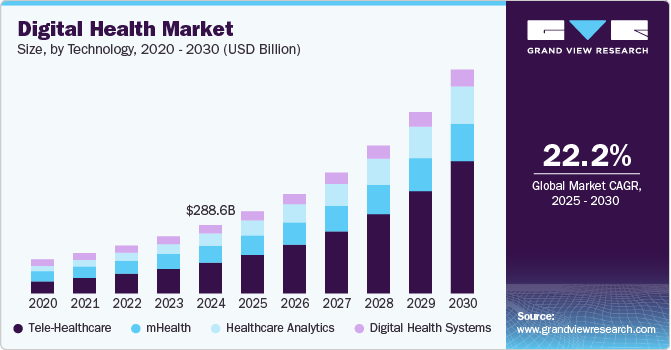
The global digital health market size was estimated at USD 288.55 billion in 2024 and is projected to reach USD 946.04 billion by 2030, growing at a CAGR of 22.2% from 2025 to 2030. The market is driven by several factors, such as a strong domestic digital health market for telehealthcare platform developers, mHealth app providers, wearable device manufacturers, and e-prescription systems.
Key Market Trends & Insights
- North America digital health market dominated global market in 2024 with a revenue share of 37.7%.
- The U.S. dominated the digital health market in North America region in 2024.
- By component, the services segment accounted for the largest revenue share of 37.9% in 2024.
- By technology, the tele healthcare segment dominated the market with a revenue share of 45.0% in 2024.
- By application, the diabetes segment dominated the market with the largest share of 24.7% in 2024.
Market Size & Forecast
- 2024 Market Size: USD 288.55 Billion
- 2030 Projected Market Size: USD 946.04 Billion
- CAGR (2025-2030): 22.2%
- North America: Largest market in 2024
- Asia Pacific: Fastest growing market
Request a free sample copy or view report summary: https://www.grandviewresearch.com/industry-analysis/digital-health-market/request/rs1
Moreover, the healthcare industry exhibits high growth potential for the IT industry due to supportive government initiatives across all regions. The growing trend of preventive healthcare & the rise in funding for mHealth startups are other factors boosting the market. For instance, according to ROCK HEALTH, a venture capitalist company, in 2024, U.S. digital health startups secured USD 10.1 billion in funding across 497 deals following a total of USD 1.8 billion raised in 118 deals in Q4.
The rising incidence of chronic conditions such as diabetes, heart disease, and cancer is fueling the demand for remote monitoring and management solutions. Digital health tools can help patients track their health, adhere to treatment plans, and communicate more effectively with healthcare providers.

